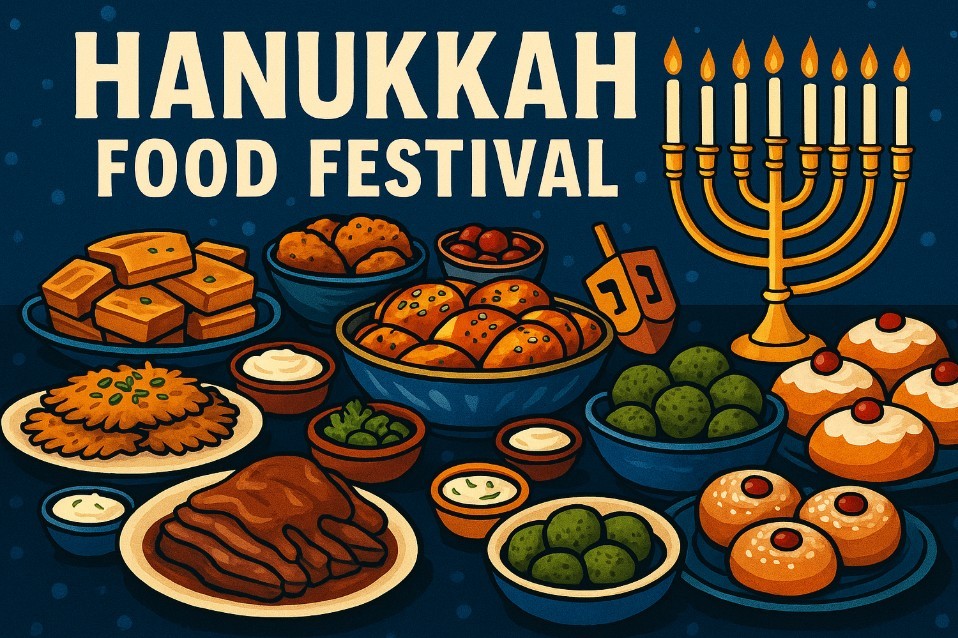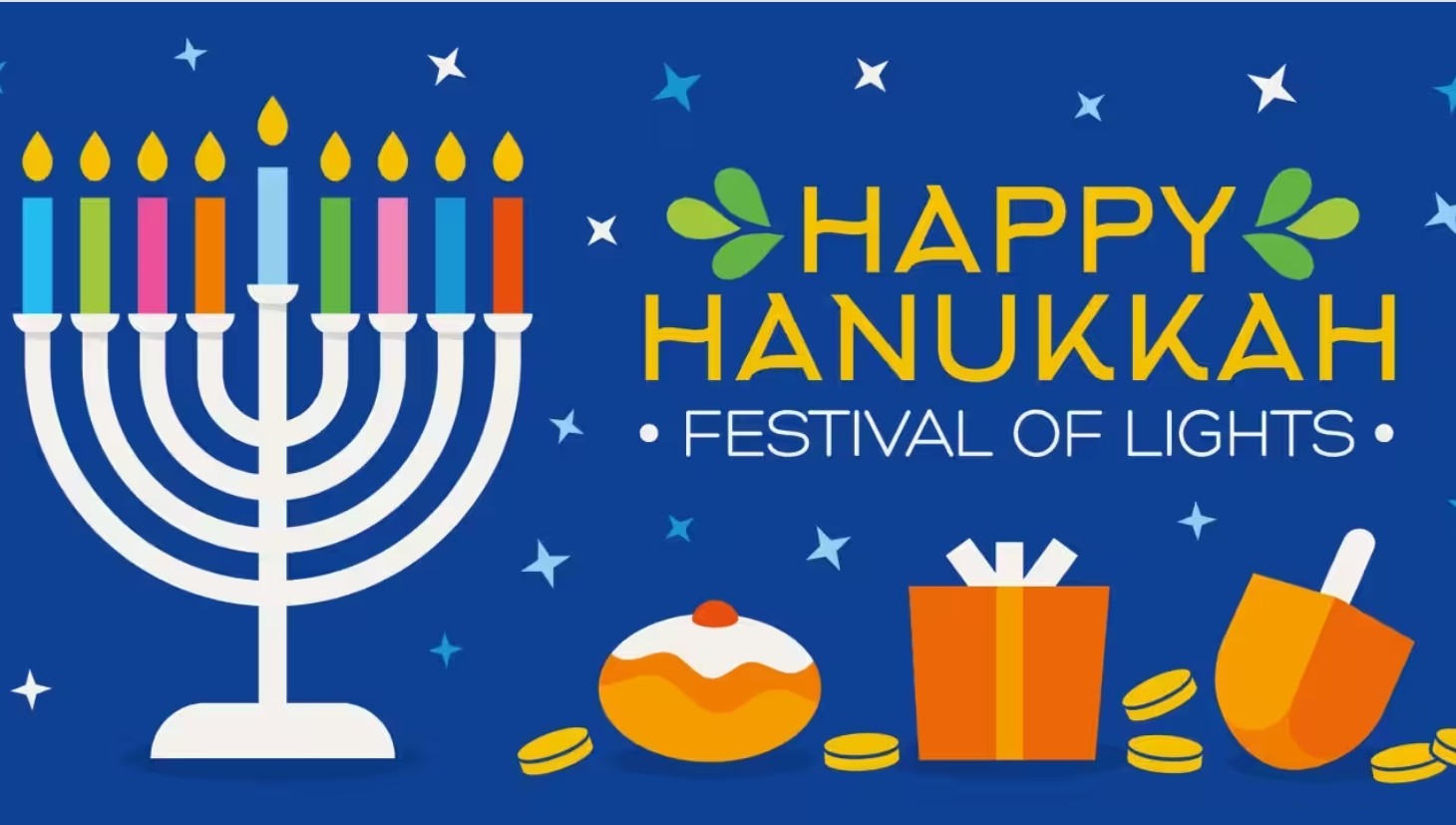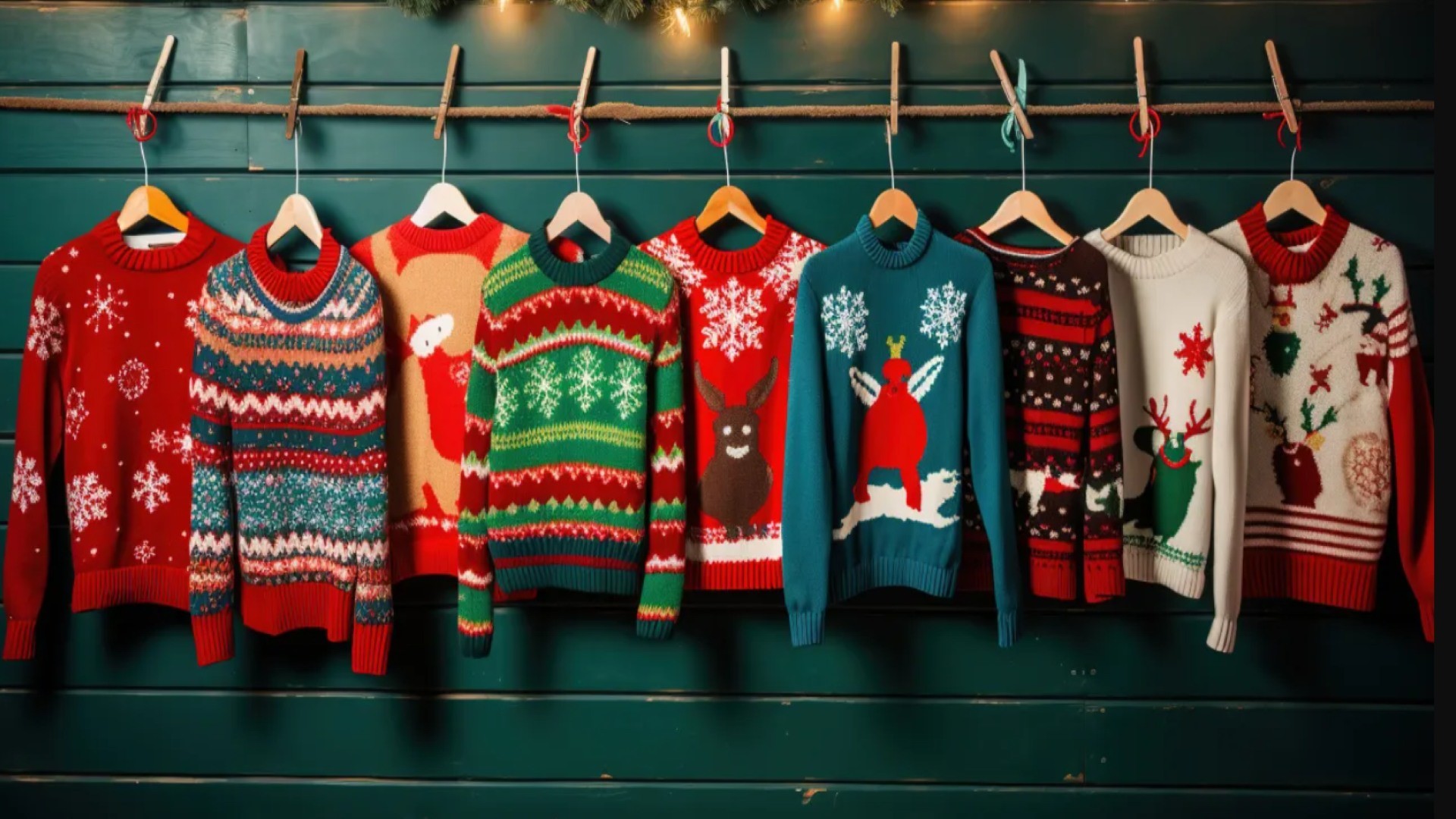Happy Hanukkah - Jewish Holiday: Meaning, History and Celebration
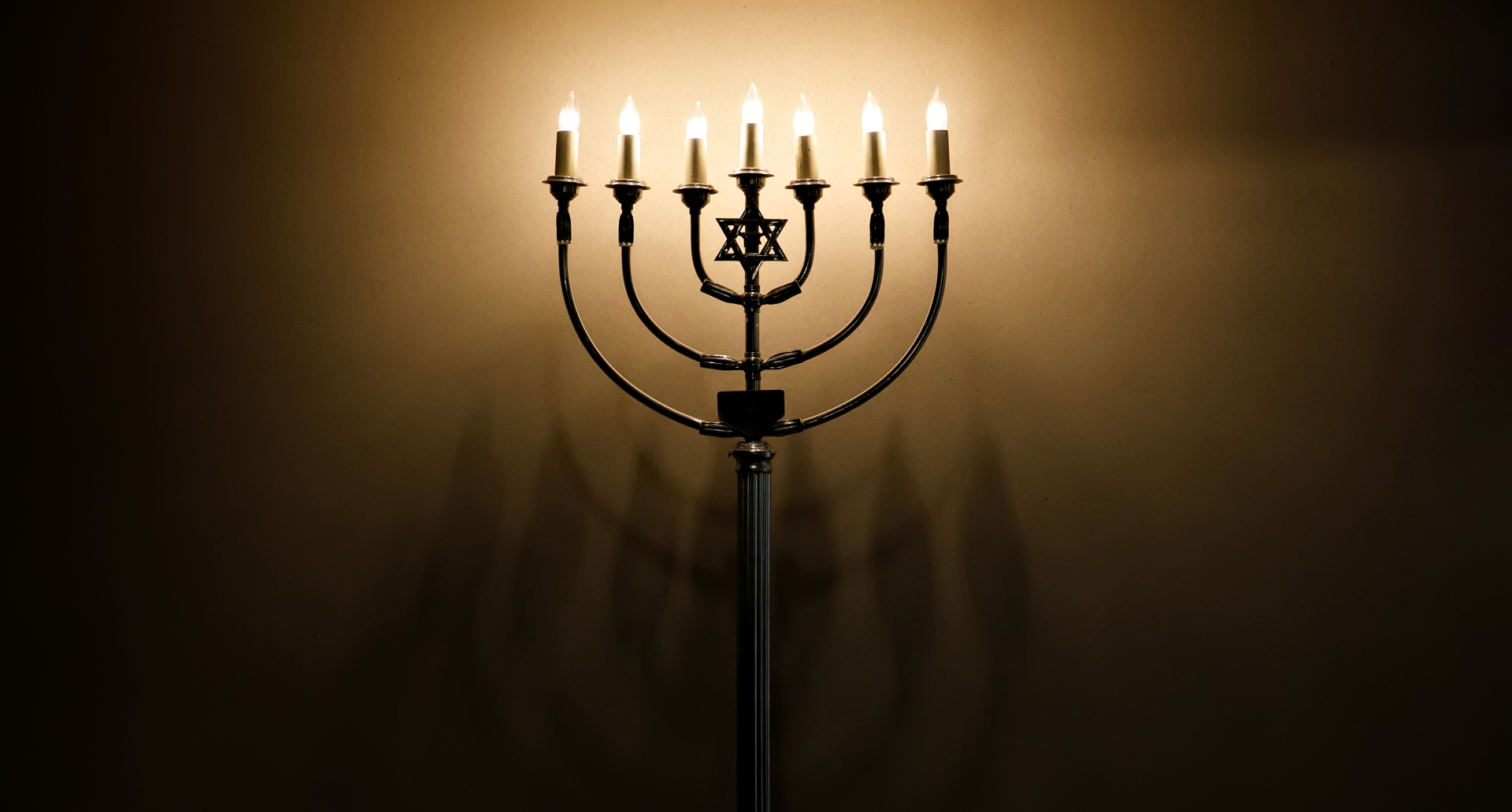 |
| Photo: Culture Trip |
Hanukkah, which means “dedication” in Hebrew, begins on the 25th of Kislev on the Hebrew calendar and usually falls in November or December. Often called the Festival of Lights, the holiday is celebrated with the lighting of the menorah, traditional foods, games and gifts.
History of Hanukkah
The occurrences that gave rise to the Hanukkah holiday occurred during a period of Jewish history that was unusually chaotic. Judea, commonly referred to as the Land of Israel, was ruled over by Antiochus III, a Seleucid monarch of Syria, around 200 B.C. He permitted the Jews who resided there to carry on practicing their religion. His son, Antiochus IV Epiphanes, proved less benevolent: Ancient texts say that he prohibited the Jewish religion and commanded the Jews to worship Greek gods. According to History.com, when his men invaded Jerusalem in 168 B.C., they massacred thousands of people, desecrated the Second Temple, and built an altar to Zeus inside the walls of the holy building.
Did you realize? Because the events that gave rise to the holiday happened after the Torah was written, the story of Hanukkah does not exist in it. However, it is described in the New Testament, where Jesus is seen taking part in a "Feast of Dedication."
A massive uprising against Antiochus and the Seleucid kingdom began, led by the Jewish priest Mattathias and his five sons. Two years after Matthathias's death in 166 B.C., under the leadership of his son Judah, often known as Judah Maccabee ("the Hammer"), the Jews had effectively expelled the Syrians from Jerusalem, mostly using guerilla warfare techniques. Judah urged his troops to purify the Second Temple, reassemble its altar, and light its menorah—a gold candelabrum with seven branches that stood for wisdom and creation and was intended to be kept lit every night.
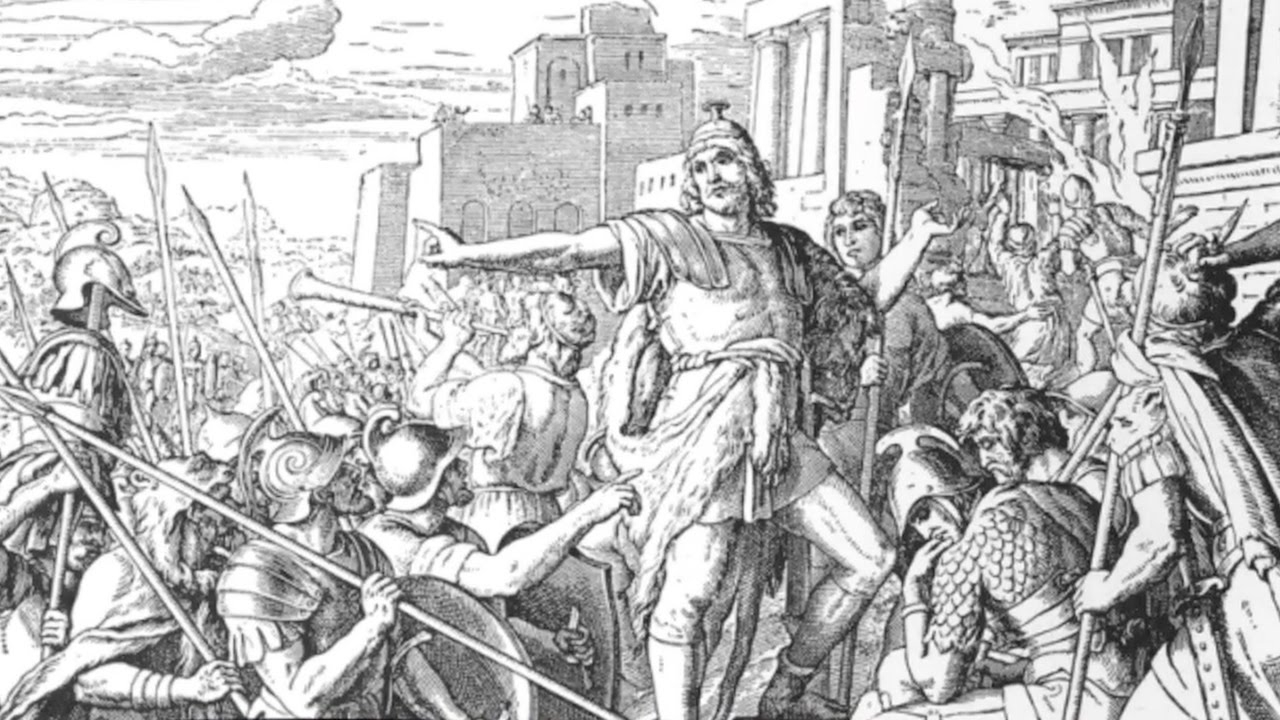 |
| The Maccabees. Photo: My Jewish Learning |
The Hanukkah “Miracle”
Judah Maccabee and the other Jews who participated in the rededication of the Second Temple allegedly witnessed what they regarded to be a miracle, according to the Talmud, one of Judaism's most fundamental writings. The menorah's candles continued to glow for eight nights despite the fact that there was only enough pure olive oil to last for one day, giving them time to locate a new supply.
The Jewish sages were moved by this miraculous occurrence and established an annual eight-day feast. (The first Book of the Maccabees provides a different version of the incident; it does not mention the oil miracle but describes an eight-day festival that followed the rededication.)
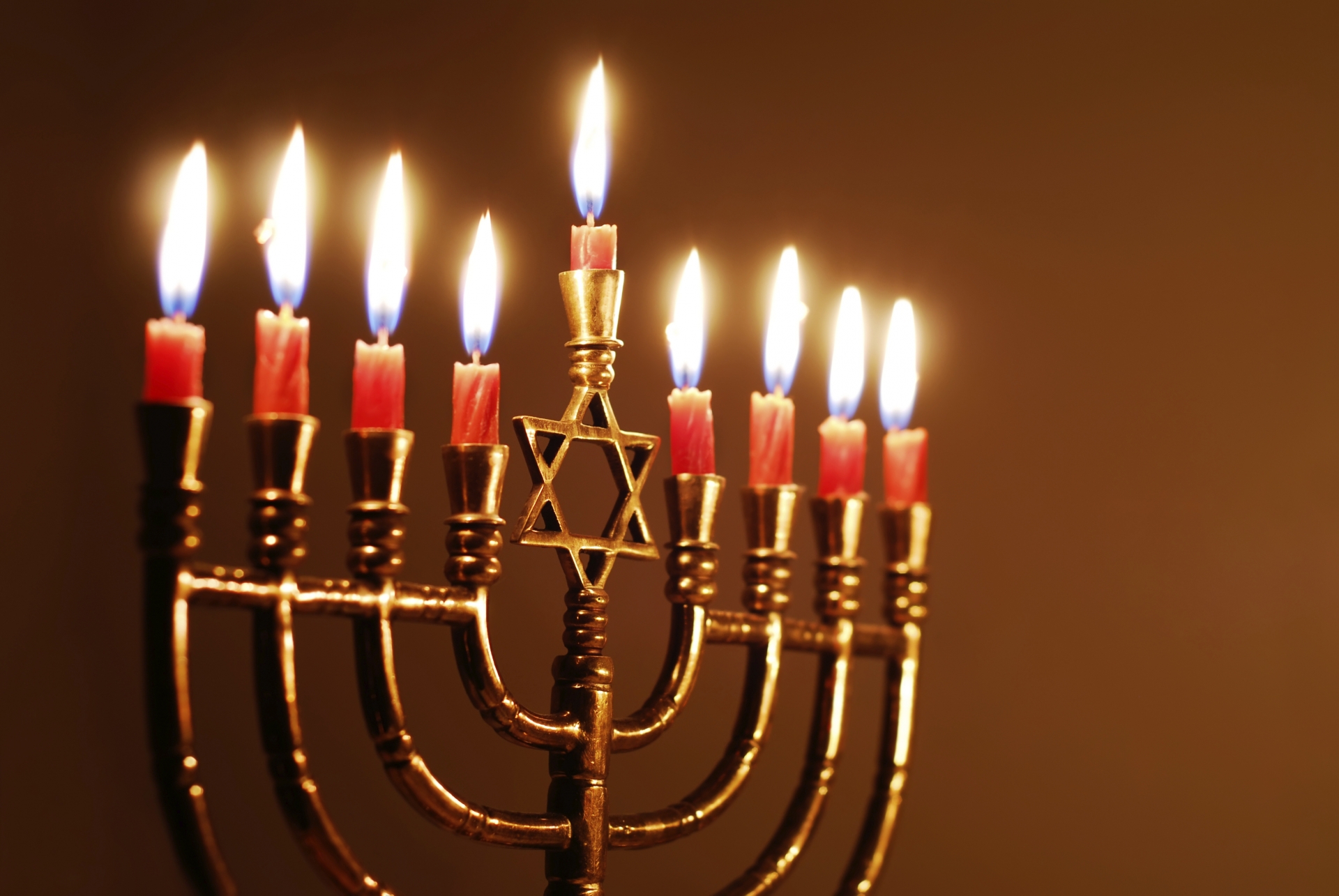 |
| Photo: Time Magazine |
Meaning of Hanukkah
One of the most popular Jewish holidays, Hanukkah is a joyous eight-day celebration that for many people occurs in the coldest and darkest time of the year. The event, also known as the Festival of Lights, fills our homes and neighborhoods with light and warmth as we celebrate with food, candles, loved ones, and friends. Light comes literally, with the lighting of an additional candle each day, and symbolically, via a fresh emphasis on charitable giving and a dedication to Tikkun Olam during the holiday, according to Reform Judaism.
Hanukkah, also spelled Chanukah, which means "dedication" in Hebrew, honors the liberation and "rededication" of the Temple in Jerusalem that followed the victory of a small band of Jewish rebels (led by Judah Maccabee and his brothers, collectively known as "the Maccabees") over the armies of Syria in 165 B.C.E.
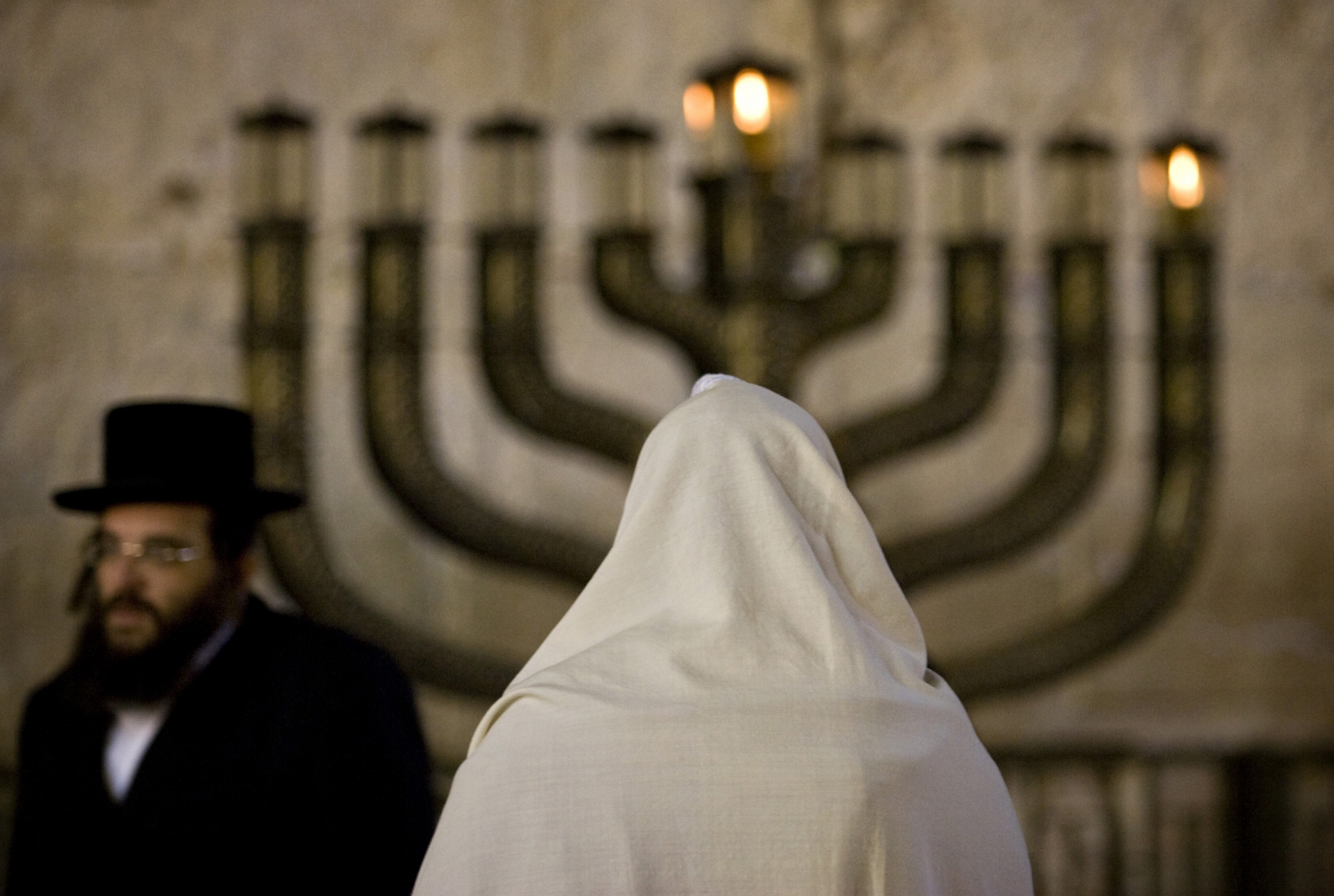 |
| Light conquers darkness. Photo: Orange County Register. |
How to Celebrate Chanukah
The Aleph Institute has started a campaign in which Jewish day schools and community organizations are being urged to gather Chanukah gifts for kids of U.S. military personnel and/or send menorahs, candles, dreidels, and chocolate coins to active-duty service members. Children of Jewish inmates, both men and women, are likewise included by the drive.
Beginning on Thursday, December 10, 2020, the Chanukah lights are lit the evenings before each of the eight days of Chanukah.
Men and women must both light the Chanukah menorah or take part in the family menorah lighting, according to Jewish tradition. Encourage young people to light their own menorahs. Menorahs should be lit in the rooms of students and unmarried people who live in apartments or dorms.
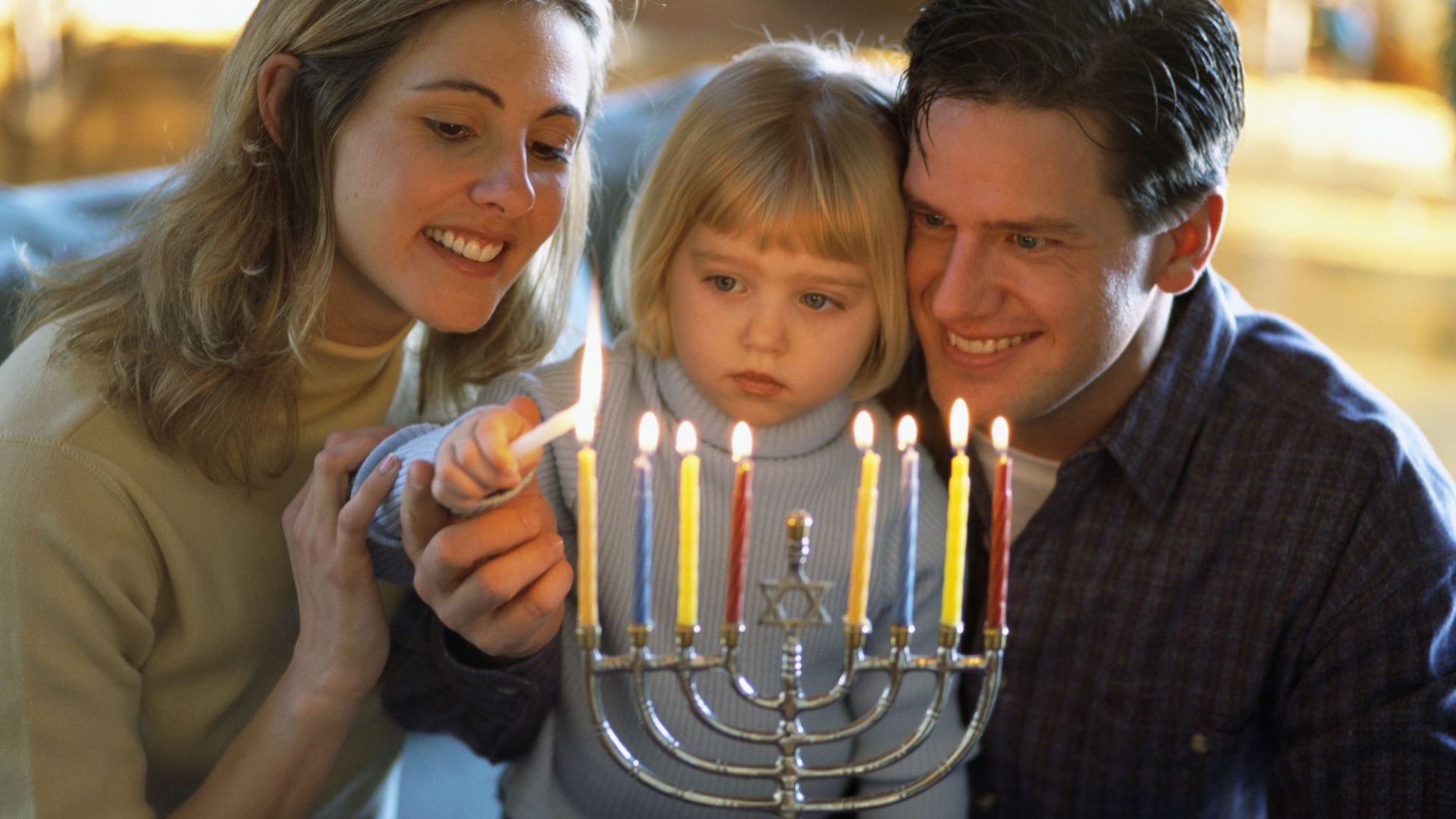 |
| Photo: Learn Religions |
Where To Place The Menorah
Many follow the tradition of placing the menorah in the entryway next to the mezuzah so that the individual is surrounded by both the Chanukah and mezuzah mitzvot. Others set it on a windowsill next to a busy street. (If placed on the windowsill, it should not be elevated above street level by more than 20 cubits, or 29 feet.)
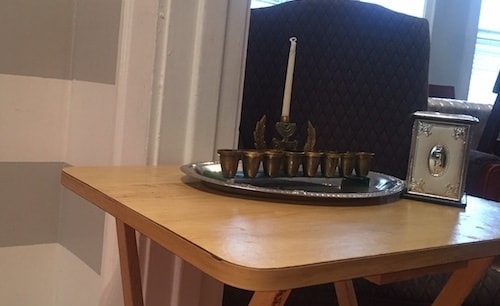 |
| Photo: Chabad.org |
Installing the Menorah
The Chanukah lights should be lamps or candles, which use flammable fuel to feed an apparent flame through wicks. Cotton wicks in olive oil or beeswax candles are the most ideal means to fulfill the commandment; paraffin candles or other kinds of candles or lamps are also allowed, but gas lights or electric lights are not.
At the time of lighting, the lights or candles must have enough fuel to burn for 30 minutes after dusk.
The candles or lamps ought to be lined up in a straight line and of equal height. The "servant" candle known as the shamash should be set apart from the other candles (higher, outside the row, etc.).
One candle is lit on the menorah's right side on the first night of Chanukah. The next night, add a second light to the left of the first one. Light the new light first, working your way right to left, and repeat this process every night.
Shabbat Requirements Specifically
Important: On Shabbat, which lasts from dusk on Friday night through midnight on Saturday, it is not permitted to start a fire. The Chanukah lights should therefore be lit early on Friday, December 11, before the Shabbat lights, which are illuminated 18 minutes before sunset. The traditional 30-minute Chanukah candles cannot be used on Friday; instead, more oil or larger candles should be used to ensure that the lights last a full half-hour after nightfall.
The Chanukah menorah shall not be relit, relocated, or prepared from the time the Shabbat candles are lighted (Friday evening) until Shabbat concludes (after dark Saturday night) and until the havdalah prayer (separating Shabbat from the daily) is recited.
Only when Shabbat has ended after sunset on Saturday night are Chanukah lights lit.
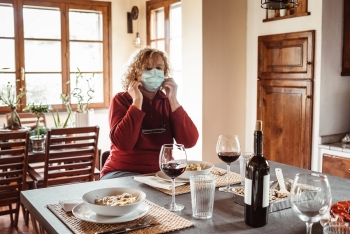 Celebrating Hanukkah safely during Covid pandemic Celebrating Hanukkah safely during Covid pandemic People get used to traditional holiday celebrations with everyone kissing hello, enjoying banquet from shared plates and gathering around the TV. However, it is likely ... |
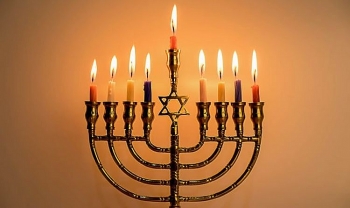 Happy Hanukkah: Best wishes and quotes Happy Hanukkah: Best wishes and quotes Hanukkah is going to come! In case you are planning to send a card to your loves ones on Hanukkah, the wishes and quotes given ... |
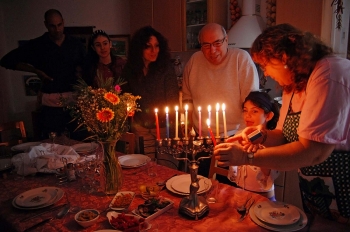 What is Hanukkah: History & Activities What is Hanukkah: History & Activities Hanukkah is a Jewish holiday that lasts for eight nights, usually in November or December. What do you know about the rich history and traditions ... |

